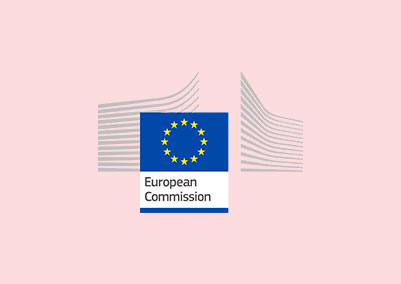The BTA was approached by the European Commission to provide information regarding the member’s activities within the field of plasma collection. As a result, on 31 July the European Commission announced the provision of grants for the purchase of plasmapheresis equipment at blood collection centres. In this grant, the European Commission called upon approximately 200 blood collection services based in the EU to get funding assistance for the purchase of plasmapheresis equipment. This equipment will serve as a means to ensure a secure stock of convalescent plasma (plasma obtained from willing donors who have recently recovered from COVID-19), in a bid to explore the novice treatment option of transfusing convalescent plasma to boost the immunity of COVID-19 patients.
The initiative, which is in line with EU endeavours to ensure health preparedness for possible future outbreaks, highlights an increased commitment from the Commission’s end to develop therapeutics that combat COVID-19. It is worth noting that in addition to the exploration of convalescent plasma as a viable consideration for treatment, the European Medicines Agency (EMA) is further expanding its analysis to include other promising alternatives (systemic interferons, lopinavir/ritonavir and chloroquine/hydroxychloroquine) which are concurrently undergoing clinical trials.
Currently the EU is still heavily dependent on plasma imports from 3rd countries, mainly from the US, which has been raising concerns among EU policymakers. This situation has been exacerbated by the COVID-19 pandemic that saw the reduction of plasma and blood collection considerably. The issues around plasma availability will most likely be a key matter to be addressed by the Commission in the upcoming Blood, Tissues and Cells legislation.
You can access the press release through this link.

